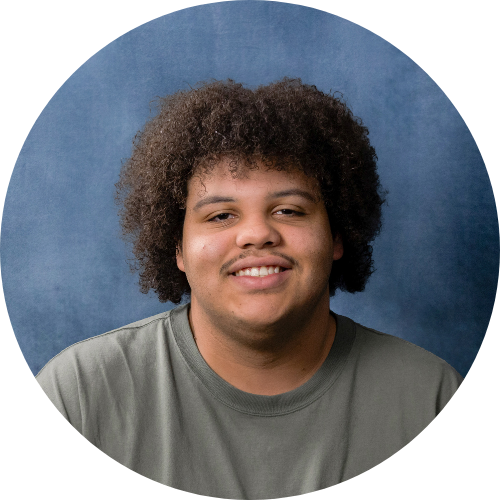Professors call for religious dialogue to ease global tensions between groups
April 2, 2002
A panel of Sacramento State religious studies professors stressed the importance of interfaith dialogue in resolving global conflicts to a religiously diverse audience last month at the Alumni Center.
Professor Brad Nystrom moderated the March 17 forum titled “The Impact of Sept. 11 on Interfaith Dialogue.” The program was one of a four part series of university-sponsored events in response to the events of Sept. 11.
“We Americans pride ourselves on tolerance,” he said. “However, millions of Americans are not involved in interfaith dialogue.”
By promoting direct dialogue between differing faiths, the program aimed to break through barriers, Nystrom said.
Robert Platzner, professor of Jewish Studies, discussed what he called the irrationality of the concept of Holy War and its influence in modern conflicts.
“The ultimate object [of Holy War] is to eliminate from the earth any people who have become so repugnant in the eyes of the deity that they do not deserve to live,” he said. “You cannot mobilize the irrational to achieve rational goals.”
Patzner said that the conflict in Israel and Palestine cannot be resolved unless both groups re-examine their past to find the ideologies that have led them to war.
“Unless there is a shift in the way each group perceives one another, I don?t see the possibility of lasting peace,” he said.
Maria Jaoudi discussed mysticism, which she argued is shared by all religions and can be used to find common ground between opposing faiths.
Human beings relate to the world through experience, and common experiences can be used to break down walls created by differing doctrines, Jaoudi said.
“The importance is in the experience of a meal, not the menu,” she said.
Rosalie Cuneo Amer also stressed the search for common ground between religions as an important aspect of interfaith dialogue in her presentation on Islam.
She presented to the audience a matrix identifying the similarities and differences between Judaism, Christianity and Islam.
“Common ground is fertile for the people of the book,” Amer said.
“We must explore our common patterns and themes, yet acknowledge our differences.”
She said that attitudes on the campus and community have become more open to education about Islam since Sept. 11.
“There is a very different atmosphere in our classrooms,” Amer said.
During the question and answer session following the presentations, the panelists encouraged the audience to attend services in a mosque or synagogue and to engage in constructive dialogue with people of different faiths.
“Make a point to make contact with someone of another faith,” Nystrom said.
Send comments, questions, or concerns to [email protected]
For questions or information regarding thesite, please contact [email protected]





























































































































